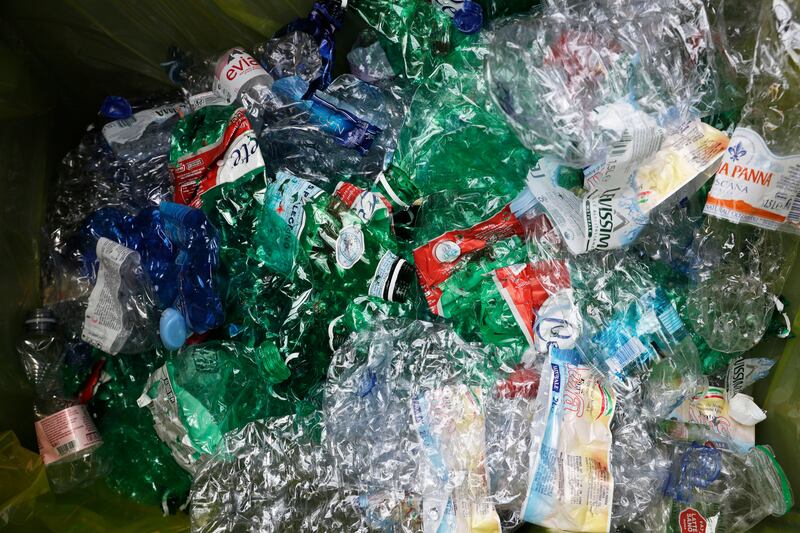April 22 is Earth Day. This day is dedicated to educating the public about environmental conservation and making moves to keep our planet healthy, according to Earthday.org. Why was Earth Day started? What are some ways you can help the planet?
- History of Earth Day: The first Earth Day took place on April 22, 1970, created by Sen. Gaylord Nelson of Wisconsin. Nelson created the holiday as a day to educate Americans on the importance of environmental conservation, according to Encyclopedia Britannica.
- Denis Hayes was a Harvard graduate student who was hired by Nelson to aid in conservation efforts and to get the media talking about environmental conservation.
- In 1990 Hayes started a global Earth Day, which is now celebrated in over 192 countries, reported The New York Times.
- A human waste problem: If not properly disposed, trash products can cause serious damage to the environment, animals, wildlife and even public health.
- Earthday.org states burning trash in landfills makes up 91% of all methane emissions.
- The Environmental Protection Agency reported that out of the 267.8 million tons of solid waste generated by Americans in 2017, only 94.2 millions tons were recycled or composted.
- Only one-quarter of single-stream recycling — where all recyclables go into one bin — is reported to actually get recycled, according to Columbia University.
View Comments
The recycling system can be tricky. Earthday.org offers seven tips for better recycling:
- No bags. Plastic bags from grocery stores cannot be recycled because they break down into harmful microplastics. Take these bags to a local drop-off area dedicated to plastic grocery bags instead of putting them in the recycling bin.
- Don’t recycle anything smaller than a credit card. Straws, bottle caps, coffee pods, plastic utensils and other small objects are too small to be recycled, and could potentially jam the equipment.
- Keep things clean. Even the smallest amount of food or liquid can contaminate an entire load of recyclables. Make sure everything you recycle is clean, empty and dry. Earthday.org recommends cleaning objects to the point that you’d be comfortable using them again.
- Don’t recycle combined materials. Plastic coated coffee cups, laminated paper and bubble wrap envelopes cannot be recycled. It is best to just throw items like these in the trash.
- Not all plastics can be recycled. The higher the number on the plastic, the harder it is to be recycled. Items with the numbers 1 and 2 on them can safely be recycled. Anything higher is probably best in the trash.
- Don’t guess. If you don’t know for sure whether or not an item is recyclable, don’t recycle it. One nonrecyclable item can contaminate the whole batch.
- Educate yourself. Know what you can and can’t recycle. Research local drop off areas for uncommon recyclables such as batteries, paint cans and clothing.

